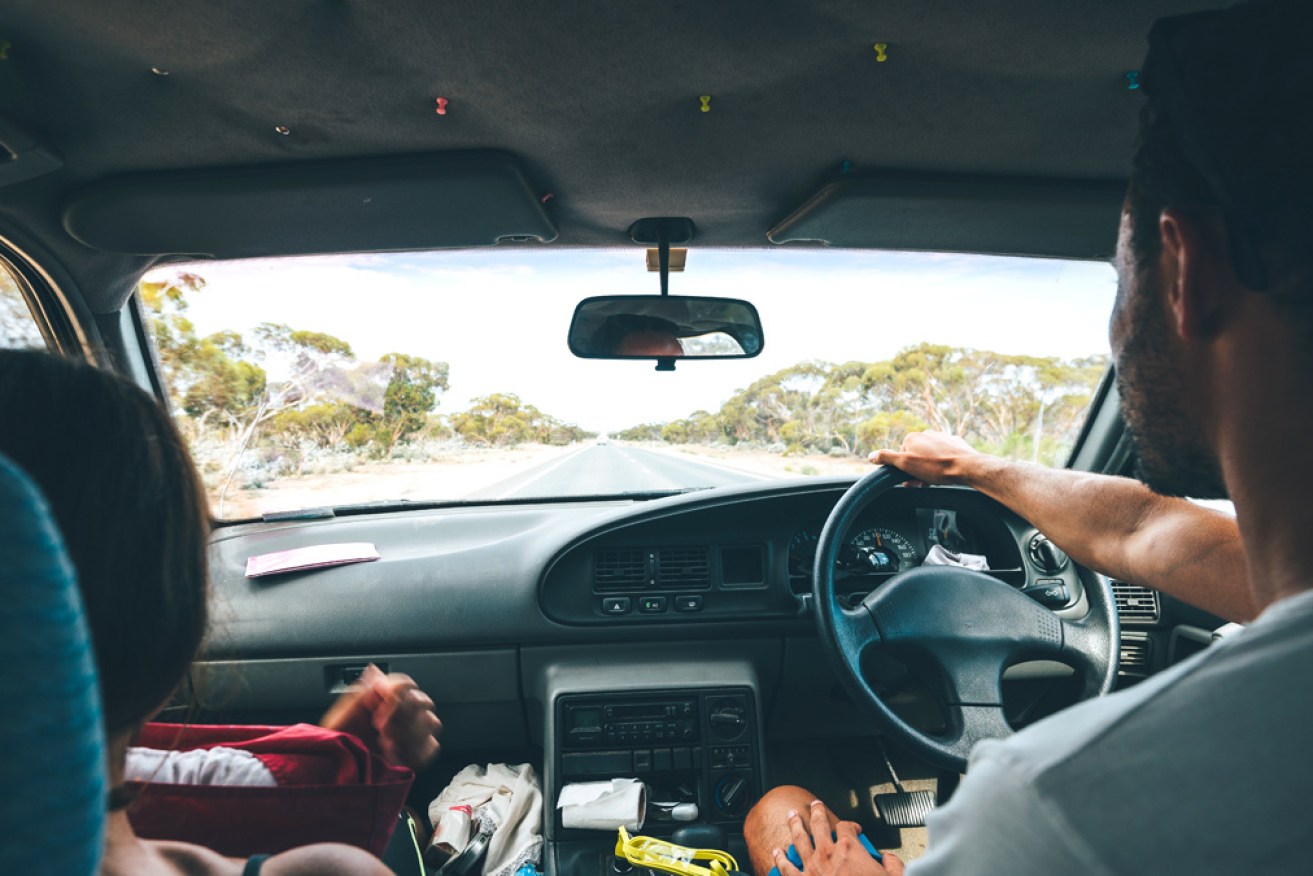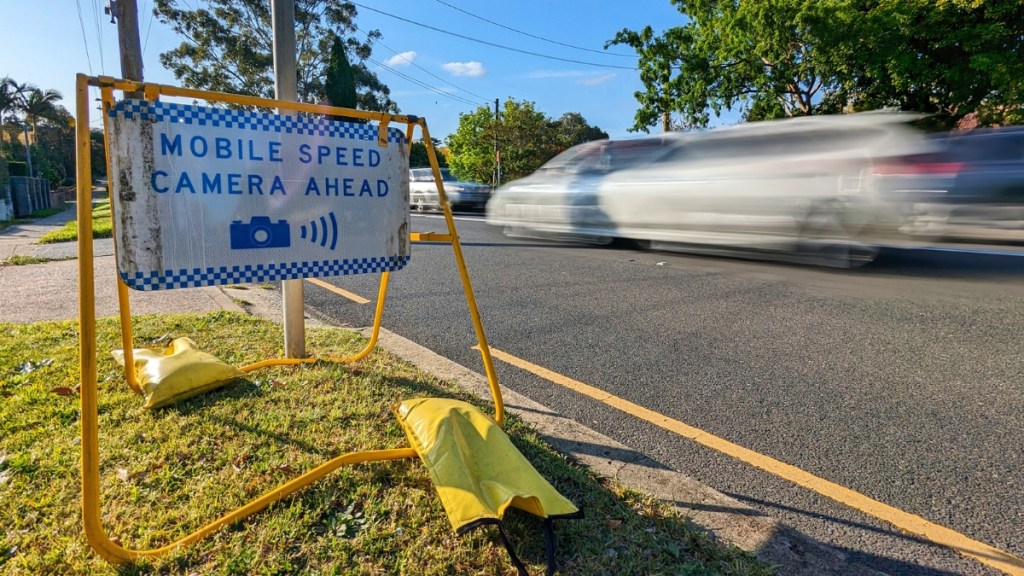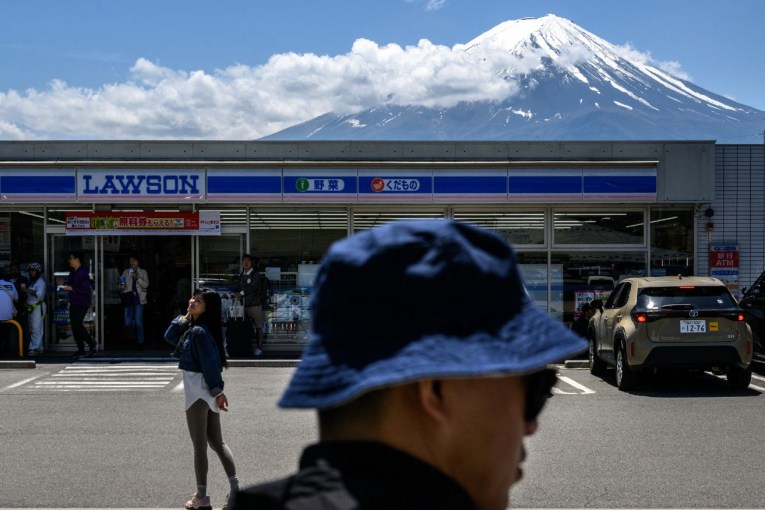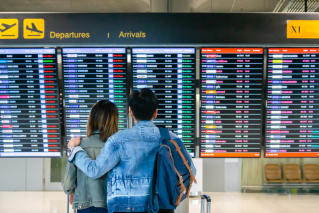How to save money on your next road trip


Road trips can be expensive, but there are ways to save money. Photo: Getty
Easter and the school holidays are just around the corner and plenty of Australians will be packing up and jumping in the car for a holiday.
But the family road trip isn’t as cheap as it used to be, and with cost-of-living pressures plaguing households this year, there are even more reasons to consider how to save money.
So, from travel to accommodation and food, how can you save on a road trip this autumn?
Fuel focus
The biggest variable expense families face on a road trip is petrol, which has been regularly coming in at well over $2 a litre, in recent times.
Prices up and down the east coast are typically highest on long weekends too, which means you can get stung for hundreds of extra dollars on your fuel bill.
Luckily, there are a few things you can do to minimise the squeeze, starting with being a discerning motorist in terms of when and, crucially, where you fill up on a road trip.
Before heading out, it’s worth downloading one of the many fuel tracking apps to your phone that will show bowser prices both close to home and along your journey.
You’ll want to compare the prices you’ll pay where you live to those at your destination, and work out whether you could save by waiting, or if filling up first is the best option.
For example, if you’re leaving as the fuel price cycles in major capitals hit their lowest point, it will probably be worth filling up before you leave, as regional petrol stations often charge more.
If, on the other hand, you’re leaving as those cycles hit a high point, waiting as long as you can could be the way to go.
- Download a fuel tracking app (like Fuelmap) to work out when and where to fill up.
- Bear in mind that extra weight in the car consumes more fuel, so plan what you pack, only bringing what you actually need.
- If you’re renting, prioritise fuel efficient vehicles and don’t be afraid to ask the retailer for a discount.
- Remember that the police are out in force on long weekends, so the potential for fines is higher than usual – keep an eye on the speedometer!

Avoid squandering hard-earned travel money on speeding fines. Photo: Getty
Accomodation savings
The next major expense faced on a road trip is accommodation, and whatever digs you’re in the market for – hotels, motels or caravan parks – there are ways to save here.
The earlier you book, the more money you’re likely to save, though that’s not always doable. Regardless, it’s worth researching the accommodation options along your route; work out where the cheap options are and which places look busy.
That way you’ll have options at your fingertips when the time comes to commit, and you’ll know where to go if your first option is fully booked or has hiked its prices for a long-weekend rush.
- Search online, but book over the phone or in person – booking platforms take commissions that you will pay for when booking online, so go direct and save big.
- If you’re staying in a cabin, but think the kids might enjoy camping, book them a cheaper site alongside.
- Avoid the big tourist hotspots and check out nearby areas for savings.
Pay less for food
Food can be another major expense on a weekend away, particularly if you’re planning on eating out often.
The best way to avoid blowing out the budget is to do some simple planning, including how many people you might be cooking for (including extended family and friends), and also how often.
Keep in mind that grocery prices can often be much higher in regional areas or tourist hotspots, so if you do a bit of planning ahead of time you can bring food with you and pay much less.
Another tip is to find out before your trip what supermarkets service the communities you’re travelling to, that way you can look up prices in those areas online and see what’s expensive.
As explained previously, supermarket mobile apps are great ways to find specials at particular locations, or at the shops before you go.
- Travelling in a group? Buy what you need in bulk before you leave; you’re likely to get much cheaper prices on fruit, veg and even meat at suburban or regional markets.
- Look for hidden gems – restaurants on the main strip of regional towns can be much more expensive and busy than others in nearby areas, so research online first.

















